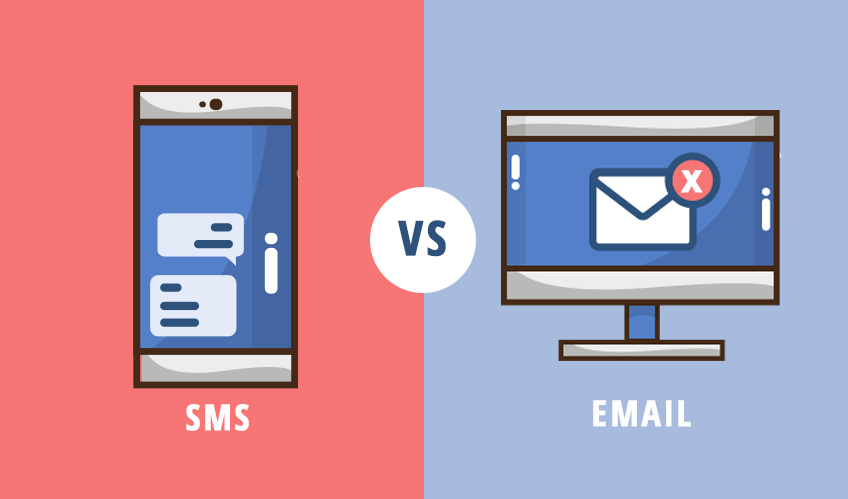Hello!
 Solving the basics of communication, whether that’s text vs email, makes sure your event planning and execution is smooth.
Solving the basics of communication, whether that’s text vs email, makes sure your event planning and execution is smooth.
Choosing a method of communication can seem like a simple task, however, using the wrong technology undermines the hard work and effort you are, or already have, spent putting your event together.
Below is a simple 5 question checklist that makes it easy to choose between using text vs email for your event.
Text vs email event checklist
#1. How frequent is communication?
Consider both internal and external communication. How often will you communicate with others leading up to and during the event?
Text Message
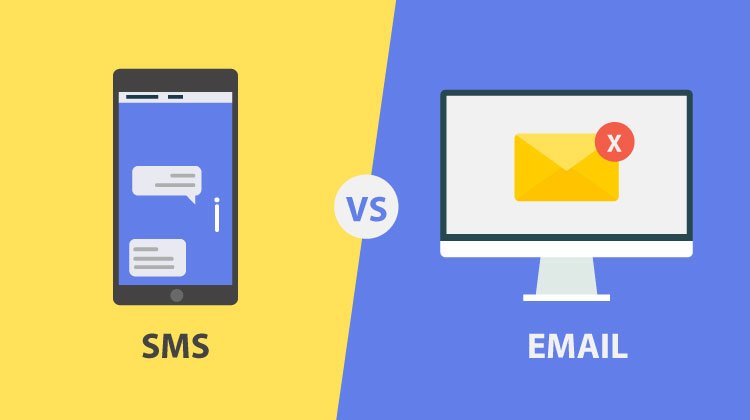 Text message caters to more frequent, succinct communication because that’s the way it was built. In fact, the open-rate of texts is barely under 100%, whereas the open-rate of email is less than 20%.
Text message caters to more frequent, succinct communication because that’s the way it was built. In fact, the open-rate of texts is barely under 100%, whereas the open-rate of email is less than 20%.
You may be asking why this matters, but it matters because the higher the open rate, the higher the click-through, subsequent purchase rates are. Also, if you are trying to send a reminder every day leading up to your event, text is the way to go.
Infrequent, sensitive communication is best completed by email. When communicating a lot of information at once, email has your back. You can make an email as long as you need it to be.
In addition, sensitive information is best sent via email. Encryption protects data and is easy-to-use. So, if you are sending sensitive information to an attendee, email is your best bet.
Additionally, email can get the job done when you are only sending one or two emails – perhaps a confirmation email and a reminder email. A standard outline email that inserts personal information is your best option.
The average of communication and collaboration media
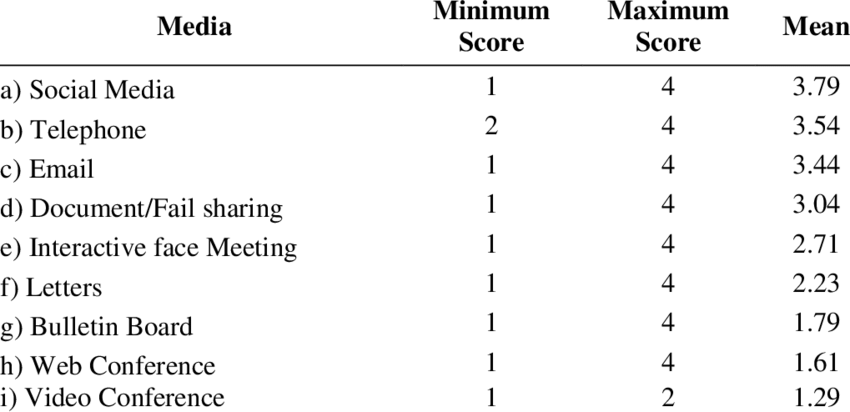
#2. How much information do you need to convey?
Take a look at the amount of information you want, or need, to send. Is it a lot? Is it a little?
Text Message
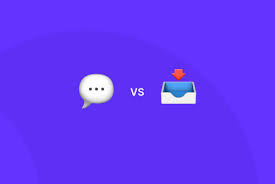 When you only need to (or want to) convey small amounts of information at a time, text messaging is the ticket.
When you only need to (or want to) convey small amounts of information at a time, text messaging is the ticket.
Text message thrives on small tidbits of information that are easily digestible in a glance. In fact, 7 words is the standard text message length!
Text message is a great option to get people psyched up to attend an event. If you confirm a big detail, share it right away using text messaging.
In order to effectively convey a large amount of information before, or during, your event email is the way to go. Accessing email through a cell phone is totally normal. Roughly 70% of cell phone users can do so.
That means they are just one click away from receiving the pertinent information you send. Email is great because it also allows you to perfectly format information. With text message, you are at the mercy of someone’s messaging app.
#3. How do your participants communicate?
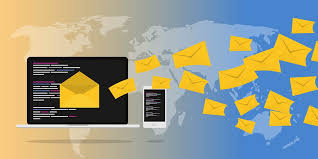 One of the best ways to decide whether you should choose to communicate via text or email before, during, and after your event by looking at the demographic of the people planning to attend your event.
One of the best ways to decide whether you should choose to communicate via text or email before, during, and after your event by looking at the demographic of the people planning to attend your event.
Of course, most of the time you won’t be able to know exactly who the people are, but you can do some basic research and find out.
Text Message
The younger generations, younger Gen X, Millennials, and Gen Z, love to communicate via text message. They are all about technology. When you dig into the numbers you find that these generations prefer text any day of the week compared to email.
Say you’re hosting a digital marketing event. You know that bloggers, who tend to be 20 or 30 somethings, will attend. Since they already love to communicate via text message, and see it as the most efficient way to communicate, don’t bother with email. Just send them a text and if necessary include a link or attachment with additional information.
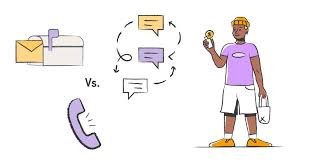 The older generation, Boomers and older Gen X, is typically still stuck on email communication.
The older generation, Boomers and older Gen X, is typically still stuck on email communication.
These people may not be as open to or astute at communicating via text message. Research finds that only half of Boomers even own a cell phone, so text messaging may not even be an option.
For example, if you are planning an event such as a classic car show, you can do research that lets you know you are going to attract men over 50. These individuals may not be as tech savvy as their younger counterparts. They may still be using a computer to access their email. If you are running this type of event, email would be the best option.
#4. What are your time constraints?
Choosing text message or email to communicate about your event isn’t just about your attendees, it’s about you too. What are the demands on your time? What is your communication staff? Is it just you, or is there a team?
Text Message
 If you are handling communication for your event all on your own, and choose to use text message as your mode of communication, you’ll need a way to reach a large audience by text message.
If you are handling communication for your event all on your own, and choose to use text message as your mode of communication, you’ll need a way to reach a large audience by text message.
Text message platforms allow you to organize your text messaging efforts. Look for one that you upload phone numbers into, is easy-to-use, and is cost-effective.
Email is a great option for you to use when you have multiple individuals working on the same event. And if you choose email as your mode of communication, use an email marketing platform. Like a text messaging platform, an email marketing platform will streamline your efforts. It will make your event preparation perfect!
Also read:
- What every Business should have Learned from the 2008 Recession
- How to Create Listings That Convert into Sales
- How to Avoid Getting Injured at Work as an Employee
Choose the best communication tool for your event
 Planning and executing an event creates an opportunity for you to use text or email to aid in your event. Events, no matter how big or small, present many considerations. Sometimes events turn into a complicated web of communication. The checklist above helps untangle the communication by helping you consider your event communication needs.
Planning and executing an event creates an opportunity for you to use text or email to aid in your event. Events, no matter how big or small, present many considerations. Sometimes events turn into a complicated web of communication. The checklist above helps untangle the communication by helping you consider your event communication needs.
Choose the best technology available for your event.
Thank you!
Subscribe to our newsletter! Join us on social networks!
See you!

